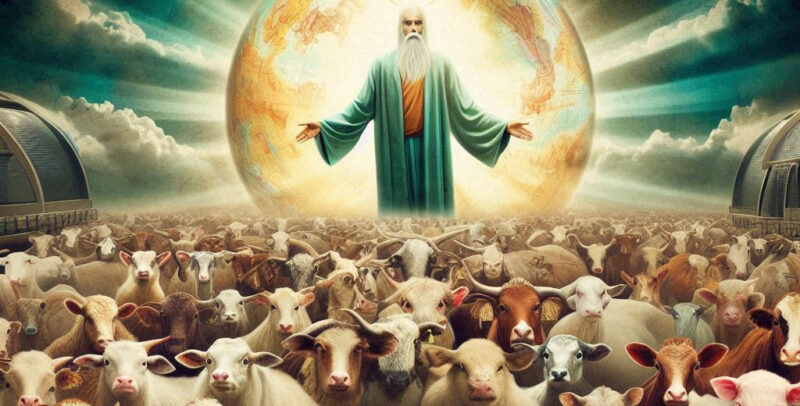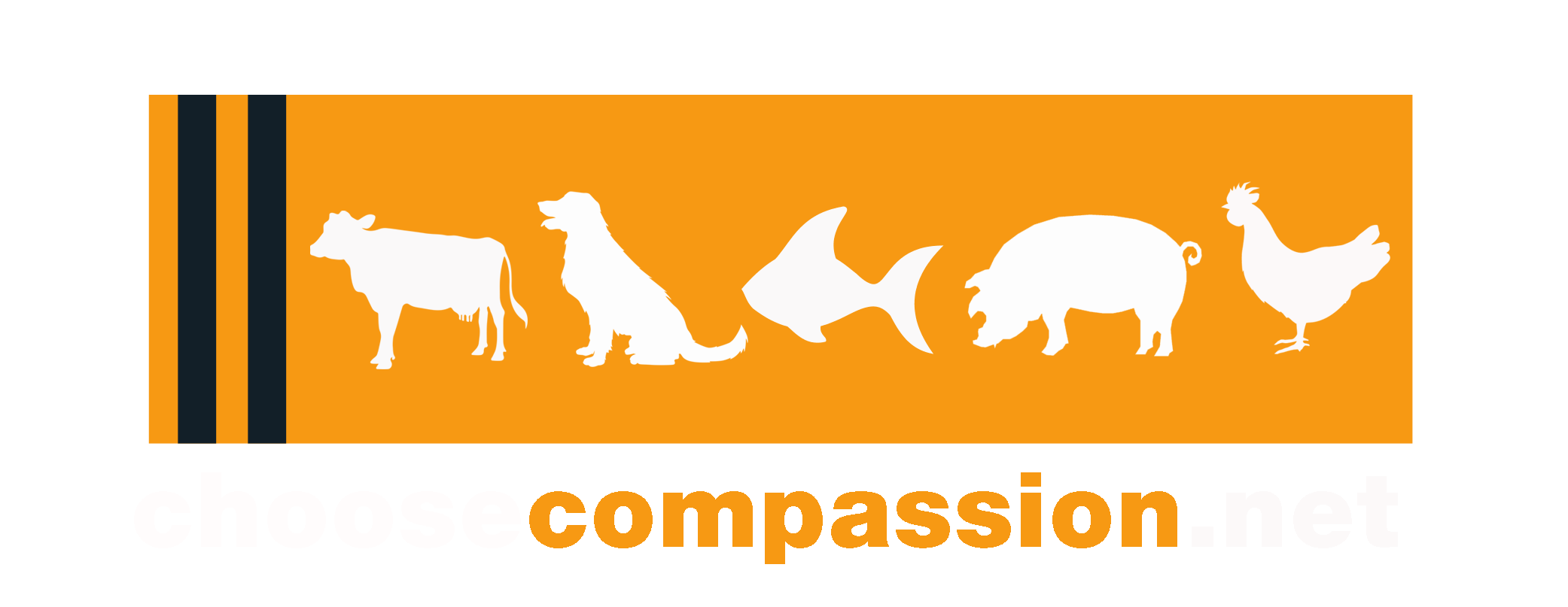
Throughout history, widely practiced religions and spiritual traditions have played a profound role in shaping human attitudes toward animals. Many teachings frame animals as divine gifts meant to serve human needs. However, the farmed animals we see today are not naturally occurring—they are entirely a human creation, shaped through centuries of domestication and selective breeding. What began as a survival necessity has evolved into an industry that continues to rely on religious justification to maintain its hold on society. But do people truly believe animals exist for human use, or is this merely a convenient narrative to protect long-standing economic interests? Exploring the psychology behind this belief reveals complex intersections between tradition, moral reasoning, and commercial influence.
The Creation of Farmed Animals: Domestication and Selective Breeding
Farmed animals as we know them today are not natural species but rather the result of thousands of years of human intervention. Early humans selectively bred wild animals to enhance traits that suited their needs—docility, rapid growth, and high productivity. Over time, this process led to the creation of entirely new breeds that would not survive in the wild without human care.
For example, modern cattle, chickens, and pigs have been selectively bred to grow faster and produce more meat, milk, or eggs than their wild ancestors. This artificial selection has drastically altered their physiology and behavior, making them dependent on human-controlled environments. The existence of these animals today is a direct result of human manipulation, rather than an inherent part of nature’s design.
The Shift: From Necessity to Industry
While domestication was once essential for human survival, technological advancements have significantly reduced our dependence on animals. Today, plant-based agriculture and food alternatives, synthetic materials, and modern transportation have made it possible to thrive without relying on animals for food, clothing, or labor. Despite this, industries continue to promote animal use, often leveraging religious narratives to justify practices that are now more about profit than necessity. By framing animal use as a sacred tradition, these industries discourage ethical reflection and make it harder for individuals to challenge deeply ingrained practices.
Cognitive Biases and Justification Mechanisms
Psychologically, belief in human superiority over animals may be reinforced by cognitive biases. The “just-world hypothesis,” for instance, leads people to believe that things happen for a reason and that hierarchies in nature are justified. Religion can serve as a framework for this reasoning, providing moral validation for practices that might otherwise raise ethical concerns. Over time, this justification becomes self-perpetuating—people accept the exploitation of animals as an unquestioned truth rather than a choice.
Cultural Conditioning and Social Norms
Beyond personal beliefs, societal norms play a crucial role in shaping attitudes toward animals. In communities where religious traditions strongly influence laws and customs, the idea that animals are “here for us” can become a widely accepted truth rather than an actively questioned belief. This cultural reinforcement makes it difficult for individuals to challenge their inherited perspectives, even as new ethical frameworks emerge that highlight the unnecessary suffering of farmed animals.
Conclusion
The deep-rooted belief that animals exist for human use has long been intertwined with religious tradition, yet modern realities paint a different picture. What was once a means of survival has evolved into an industry that perpetuates exploitation under the guise of tradition. Economic interests continue to leverage religious narratives to uphold outdated practices, discouraging ethical reflection and slowing progress toward more humane alternatives. The farmed animals we see today are not divine creations but products of human manipulation. As awareness grows, the responsibility to dismantle this illusion and redefine our relationship with animals lies in our hands.
Recommended Reads: Protecting Cultural Beliefs: Why Facts About Animal Exploitation Seem to Fail in Changing Minds

